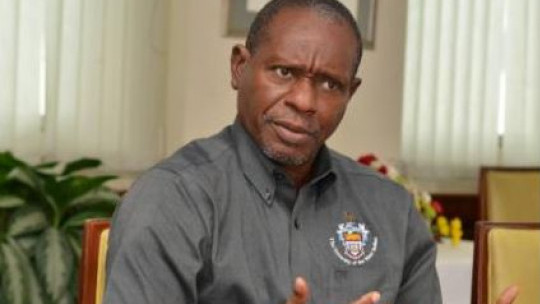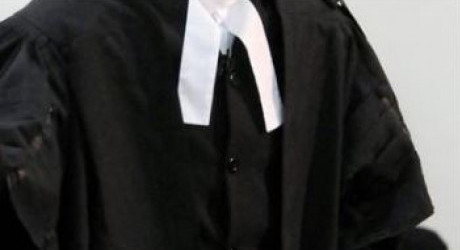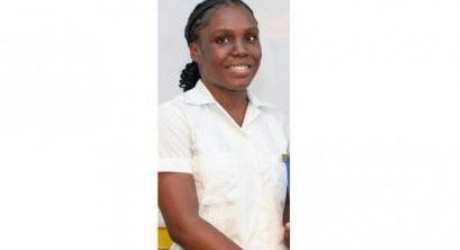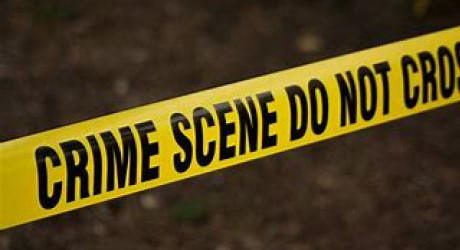.png)
00:00
00:00
00:00
Political and social psychologist Professor Christopher Charles
Political and social psychologist, Professor Christopher Charles, has dismissed a suggestion that the low voter turnout percentages in elections may be due to some Jamaicans registering to vote simply to secure an electoral registration card as a means of national identification.
Professor Charles says many Jamaicans are not interested in the political process because of the quality of governance, poor policy solution and corruption.
The Electoral Office of Jamaica has recently said there is a need for a new enumeration exercise to get a clearer picture of voter apathy and intention of Jamaicans engaging in the electoral process.
Speaking Tuesday on the Morning Agenda on Power 106FM, Professor Charles said he does not believe a new enumeration exercise will address the issue of voter apathy.
"What we look at in the academy is what proportion of those who are registered come out to vote. So I'm saying to you, if 30 per cent comes out...when it's two million...versus when it's 1 million, versus when it's 500,000, what's the difference proportionally? It's still 30 per cent of the people who came out to vote. So telling us that a part of the problem is that we're registering more people, it shows you the level of the numeracy and the fact that you have a math problem in this country," argued the professor.
Since 1989, there has been a decline in voter turnout, with an average general election turnout of 52 per cent between 1992 and 2016, and an all-time low of 38 per cent in 2020.
The Sir Arthur Lewis Institute of Social and Economic Studies has initiated a national study to understand political disengagement in Jamaica.
The initial findings will be unveiled during a special forum next month.
Asked whether a low voter turnout affects the legitimacy of the mandate of any elected government, Professor Charles said he does not believe the low turnout makes the system undemocratic.
"When they don't vote, it tells us that they don't like some things. But that doesn't make a system undemocratic, because the choice still exists. So when the choice exists and people are availing themselves of the choice, the system is still democratic, but there are problems because when less people vote, the voting is left up to the diehards, the hardcore voters. What it means, when the rest of us don't vote and the diehards vote, the politicians on either side can do anything, because they will not be held in check by the people, the diehard supporters. That itself now gives them a free reign," he explained.










 All feeds
All feeds







